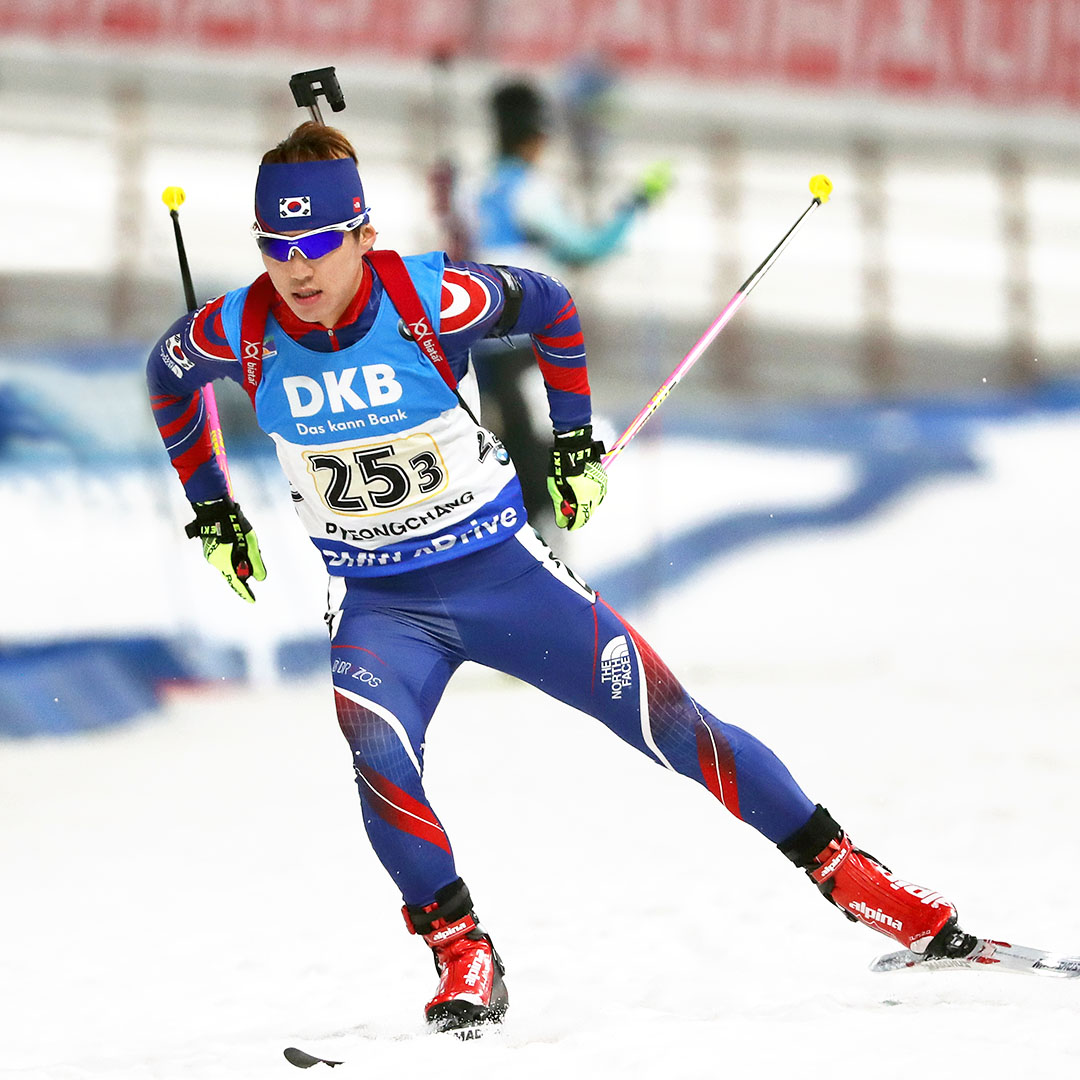

Hotels

Flights
Pyeongchang Monthly Climate Averages

The following ski resorts are located close to Pyeongchang: Phoenix Park, Jeongseon Alpine Centre and Alpensia - Pyeongchang Winter Olympic Park. High season with the best snow conditions are typically December, January, February, March, although the resorts themselves open in November and close in April. Nevertheless, you can still enjoy the fresh air and view during the off season.
To help you choose the best time to travel, you can find climate data below on the weather in Pyeongchang .
| Month | day |
night |
rain |
|
| January | -2.5 | -12.6 | 63 | 10.4h |
| February | -0.4 | -10.5 | 54 | 11.3h |
| March | +4.4 | -5.2 | 76 | 12.4h |
| April | +12.9 | +1.2 | 90 | 13.6h |
| May | +17.6 | +6.3 | 122 | 14.7h |
| June | +20.5 | +11.2 | 201 | 15.2h |
| July | +22.8 | +16 | 327 | 15h |
| August | +22.8 | +16.1 | 421 | 14h |
| September | +18.6 | +10 | 307 | 12.9h |
| October | +14 | +3.1 | 125 | 11.6h |
| November | +7 | -2.8 | 77 | 10.6h |
| December | +0.5 | -9.1 | 37 | 10.1h |
Temperature in Pyeongchang
The table shows that the hottest months in Pyeongchang are July and August, during which the average daytime temperature reaches +22.8°C and the nighttime temperature falls to +16°C.
The coldest months are January and February, when the daily average temperature falls to -2.5°C, and drops to -12.6°C during the night.
Most booked hotels in Pyeongchang
Best ski resorts :
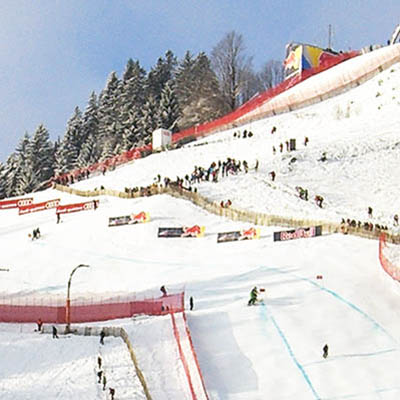
Kitzbuhel
Austria
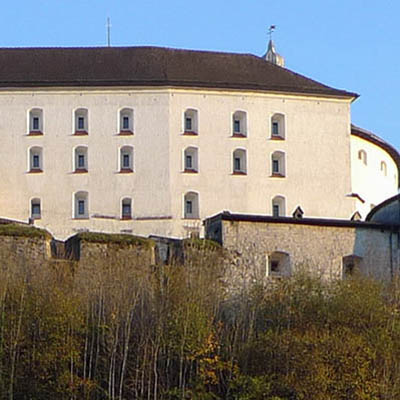
Kufstein
Austria
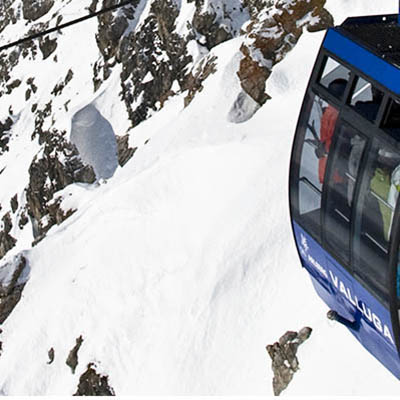
St Anton am Arlberg
Austria
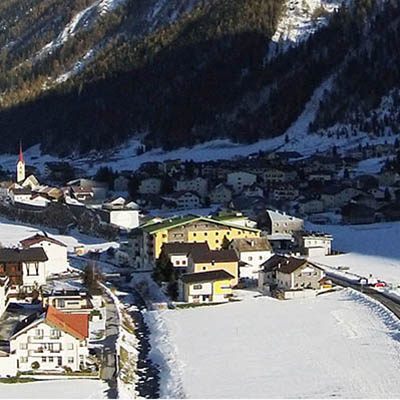
Galtur
Austria
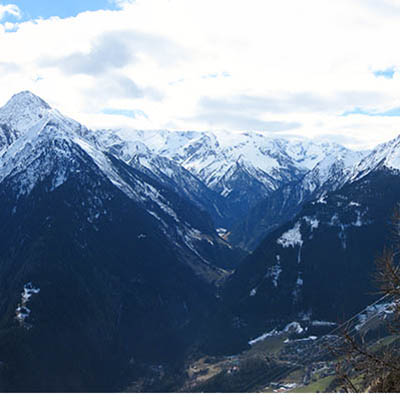
Mayrhofen
Austria
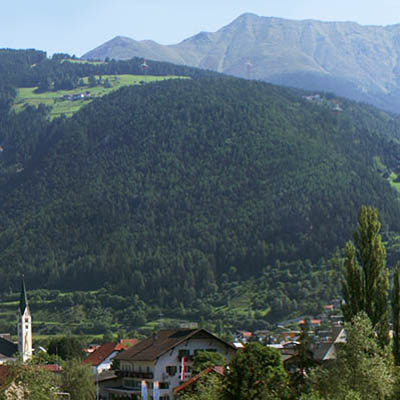
Prutz
Austria
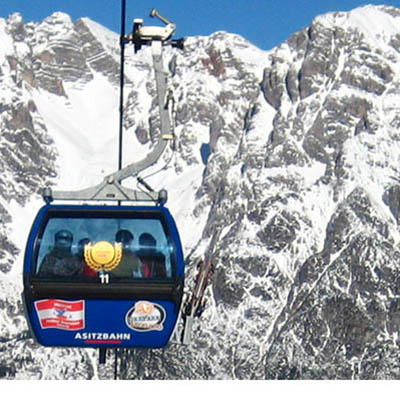
Saalbach-Hinterglemm
Austria
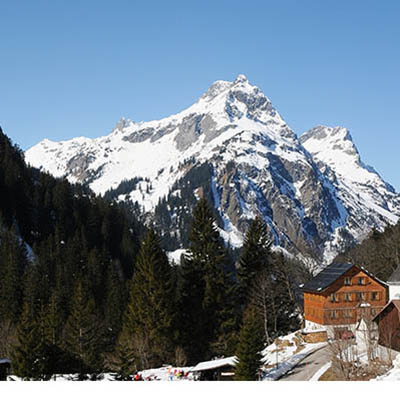
Schrocken
Austria
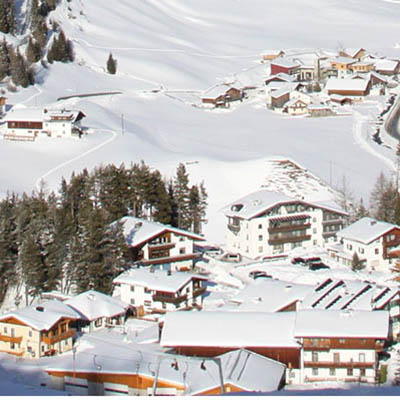
Umhausen
Austria
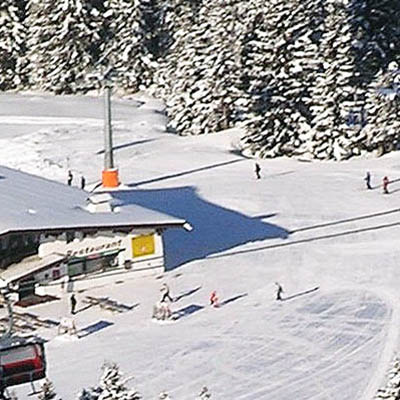
Zell am Ziller
Austria
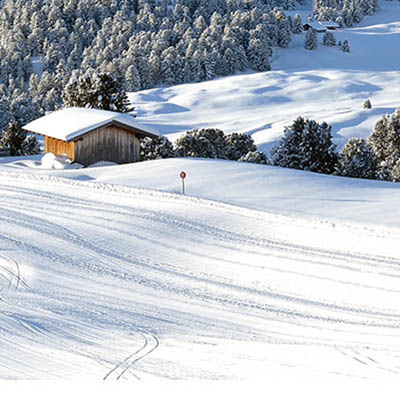
Val Gardena
Italy
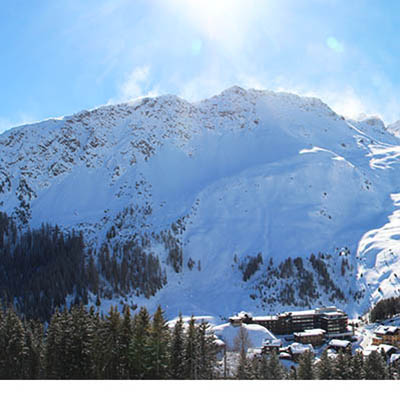
Arosa
Switzerland
Most Popular Destinations in the World
Precipitation
The largest amount of precipitation falls on average in August and July, up to 421mm, and the least in December and February — up to 37mm.
